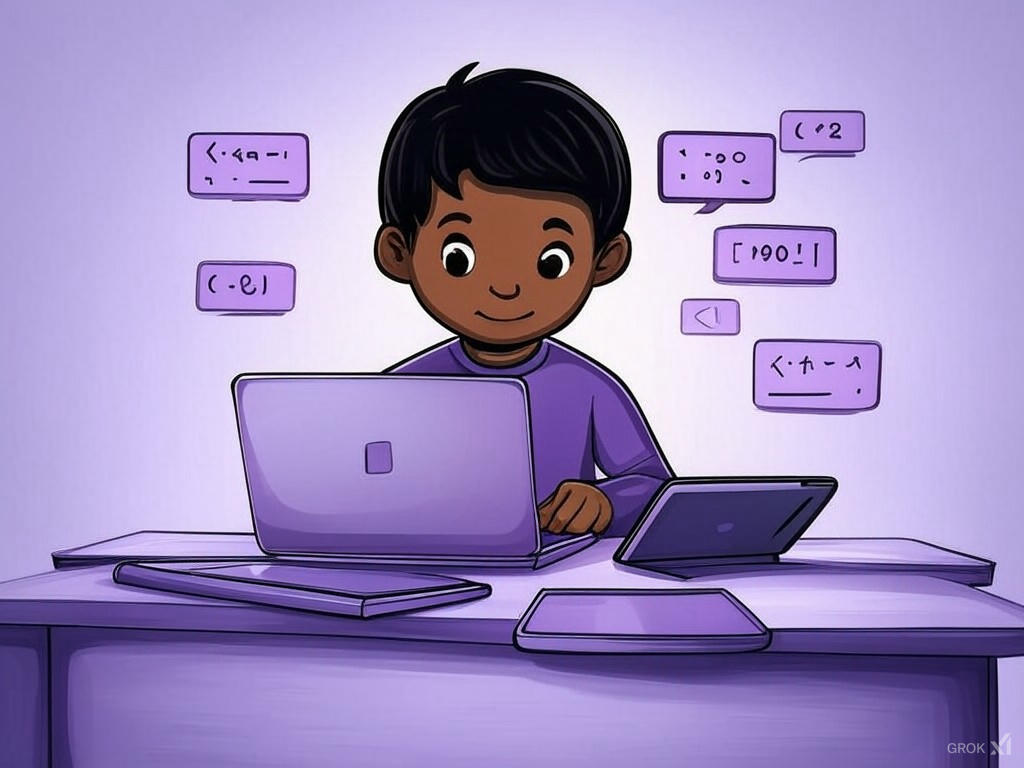Introduction
Coding competitions often carry the misconception that they’re only for tech experts or seasoned programmers. In reality, these challenges are accessible to anyone eager to learn, regardless of their prior experience. They’re about problem-solving, creativity, and persistence. This article demystifies coding competitions and explains why they’re a valuable opportunity for everyone.
Breaking the Myths Around Coding Competitions
1. Myth: Only Experts Can Compete
Reality: Many coding competitions have beginner-friendly categories and resources for newcomers.
Examples: Platforms like Code.org and Hour of Code are designed to introduce coding in a fun, engaging way.
2. Myth: Coding Requires a Tech Background
Reality: Coding is increasingly taught to students from all disciplines, focusing on logic and creativity rather than technical expertise.
Tools: Platforms like Scratch and Blockly help non-programmers create impressive projects.
3. Myth: It’s All About Winning
Reality: Coding competitions emphasize participation, learning, and collaboration. Many participants focus on skill-building over trophies.
Why Join a Coding Competition?
1. Develop Problem-Solving Skills
Coding competitions challenge you to think logically and break down complex problems into smaller, manageable steps.
2. Learn and Improve
Many contests provide tutorials, practice problems, and feedback to help participants grow.
3. Collaboration Opportunities
Team-based coding contests allow participants to work together, share ideas, and learn from peers.
4. Boost Confidence
Accomplishing even small coding tasks builds self-belief and motivation to tackle bigger challenges.
How to Get Started
1. Choose the Right Platform
- Beginners: Platforms like CodeChef Beginner or Kaggle Notebooks offer challenges for all levels.
- Advanced: Explore Google Code Jam or Hash Code for more technical depth.
2. Learn the Basics
- Start with beginner-friendly languages like Python or JavaScript.
- Use free resources like Khan Academy or Codecademy.
3. Join Communities
- Participate in online forums like Stack Overflow or local coding clubs to gain insights and advice.
4. Practice Consistently
- Dedicate regular time to solving problems, using platforms like LeetCode or HackerRank.
Tips for First-Time Competitors
- Focus on Learning: Prioritize the experience over results.
- Embrace Mistakes: Every error is an opportunity to improve.
- Celebrate Small Wins: Completing a problem, no matter how simple, is a step forward.
Conclusion
Coding competitions aren’t just for tech experts; they’re for anyone willing to learn and grow. They open doors to new skills, friendships, and career opportunities. Whether you’re an experienced coder or a complete beginner, taking the first step can be transformative. The journey of learning is the true reward.

